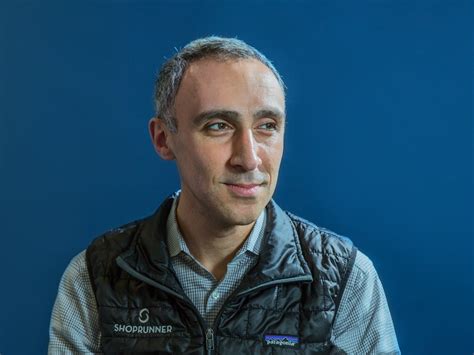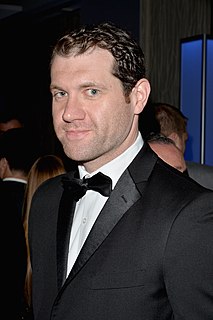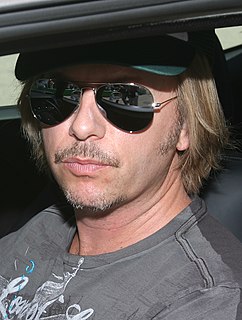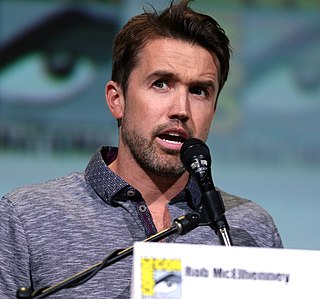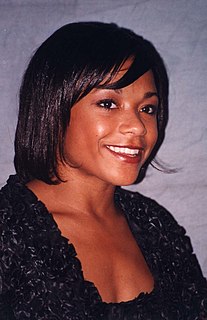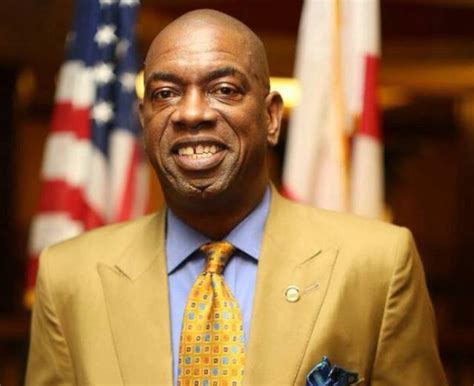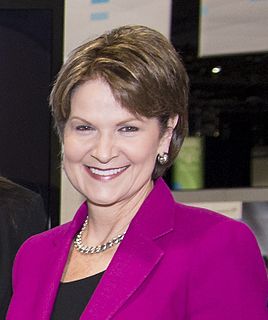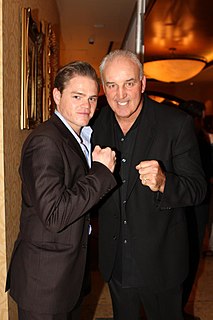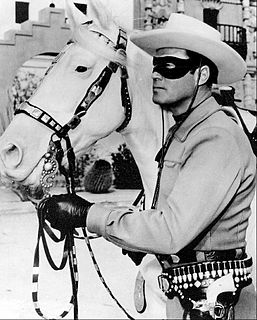A Quote by Sam Yagan
I'm 34 years old. In most jobs, your early 30s to early 40s are your power years.
Related Quotes
Your post-college years should be an exploratory time in your professional life. From your early twenties and on into your early thirties, you should feel free to explore your professional prospects. Keep an open mind, and don't expect to get everything right straight out of the gate. Be prepared to start over once or twice.
During childbearing years, changing jobs - even for a fundamentally better gig - can be a very bad idea. Those prime childbearing years - mid-twenties to early forties - overlap precisely with prime professional years. This is when employees are most attractive to new employers, when they should be able to zip up ladders with the most alacrity.
In your 20s, crises tend to be about whether you are making the correct decisions for the rest of your life, namely in your job and relationship. In your 30s, work-related issues and break-ups feature prominently. In your 40s, for women bereavement is often an issue. For men, it is still to do with their job but it has moved to "Holy crap, I've got a lot to do". In your 50s, you get features of both early and later life crises - bereavement and ill health. And that continues in your 60s, with retirement-related issues and heightened awareness of mortality.
I retired when I was 30, with all my marbles and a few bucks. But a lot of guys leave boxing penniless with no skills. Men in their 30s and early 40s, old for boxing, young in life, but also old in the job market if you're just getting started with no education. These guys need someone in their corner.
